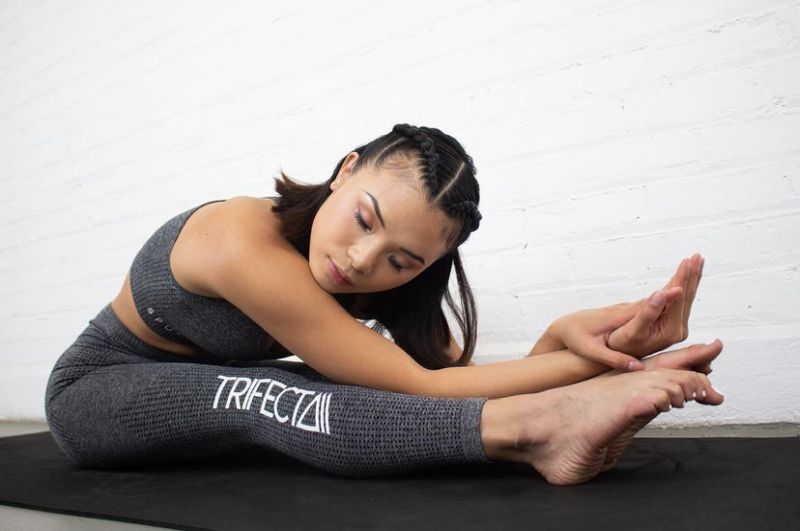![]()



Do you get muscle spasms and wonder why they’re happening? Muscle spasms, twitches, and cramps can happen randomly and sometimes they can be painful. So what causes muscle spasms and how can we avoid them? Unfortunately, there’s no exact clear answer, but there are common factors that can cause muscle spasms, which we’ll identify today.
Muscle spasms can last anywhere from a few seconds to several weeks. The definition of a muscle spasm is when a muscle or group of muscles contracts involuntarily. Sometimes muscle spasms are just annoying but don’t cause any pain. Other times, it can be painful and last for a while (like a charley horse in the calves). [By the way, if you get a charley horse in your calves, a quick remedy is flexing your toes toward you and stretching one hand toward that foot. Tension in your calves should release immediately.]
Some common causes of muscle spasms:
- Being dehydrated. A lot of people attribute cramps to being dehydrated (for example, your calves).
- Similarly, it’s possible that being low on electrolytes can lead to muscle cramps and spasms.
- Overtraining/fatigue can also be a cause. It’s important to know when you’re pushing yourself too hard.
- Caffeine. Caffeine is a stimulant, and stimulants in general can cause twitching/spasms, especially if you’re overcaffeinated.
- Stress. As you know, stress can have very physical effects on our bodies. In addition to weight loss, hair loss, high blood pressure, etc., stress can also cause muscle spasms (especially, for example, somewhere in the face).
And this is the important part. You can try to prevent muscle spasms by doing these things:
- Drink water! Obviously. Staying hydrated is important, but it’s especially important if you’re exercising, and doubly important if you’re exercising in the heat (like right now).
- Remember to stretch. Stretching after a workout helps relax your muscles, particularly if you’re tight. Obviously, this doesn’t guarantee that you won’t get muscle cramps and spasms, but releasing muscle tension can help.
- Get sleep. Lack of sleep can cause all kinds of health problems and muscle spasms are one of them. Get proper rest for your body and your mind.
- De-stress. I know de-stressing isn’t always as easy as flipping a switch. Sometimes it takes work and effort, but it’s worth it.
- You can also eat the right foods. Foods containing sodium, potassium, magnesium, and calcium are good for preventing muscle cramps. For example, bananas contain 3 of those 4: potassium, magnesium, and calcium.
Although weather this week has been pretty mild, it looks like there will be a few more heat waves this summer. So if you’re getting exercise outdoors, really make sure to hydrate properly and constantly monitor your body as you go about doing whatever you’re doing. Sometimes we don’t feel the effects of not being properly hydrated, warmed-up, or fueled-up until later.